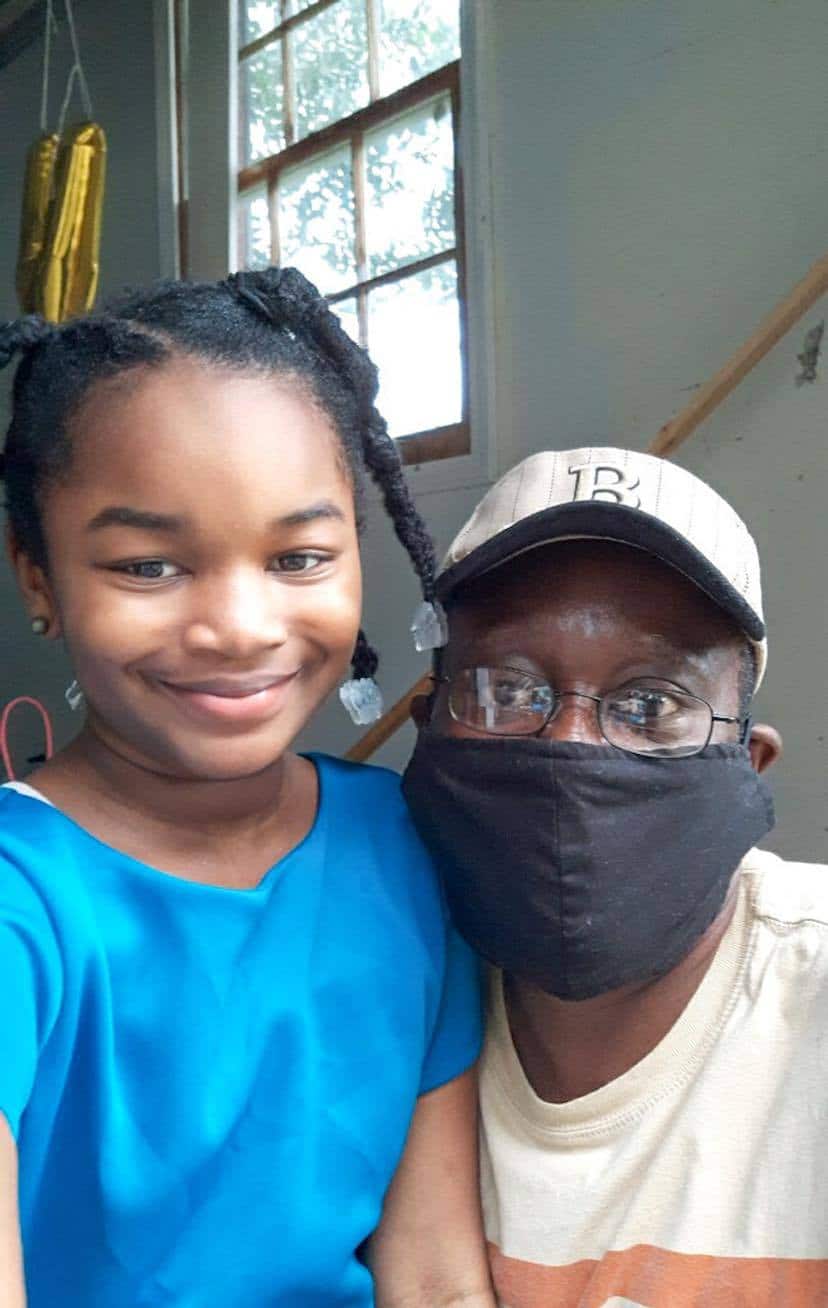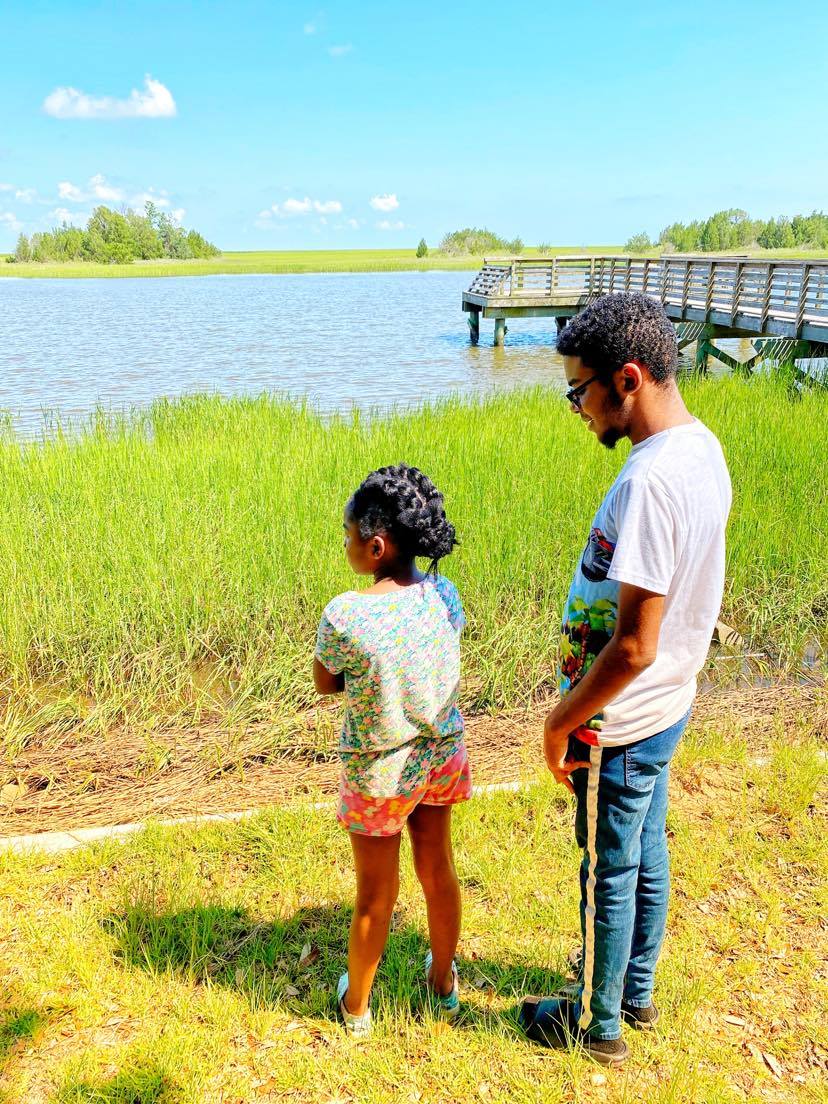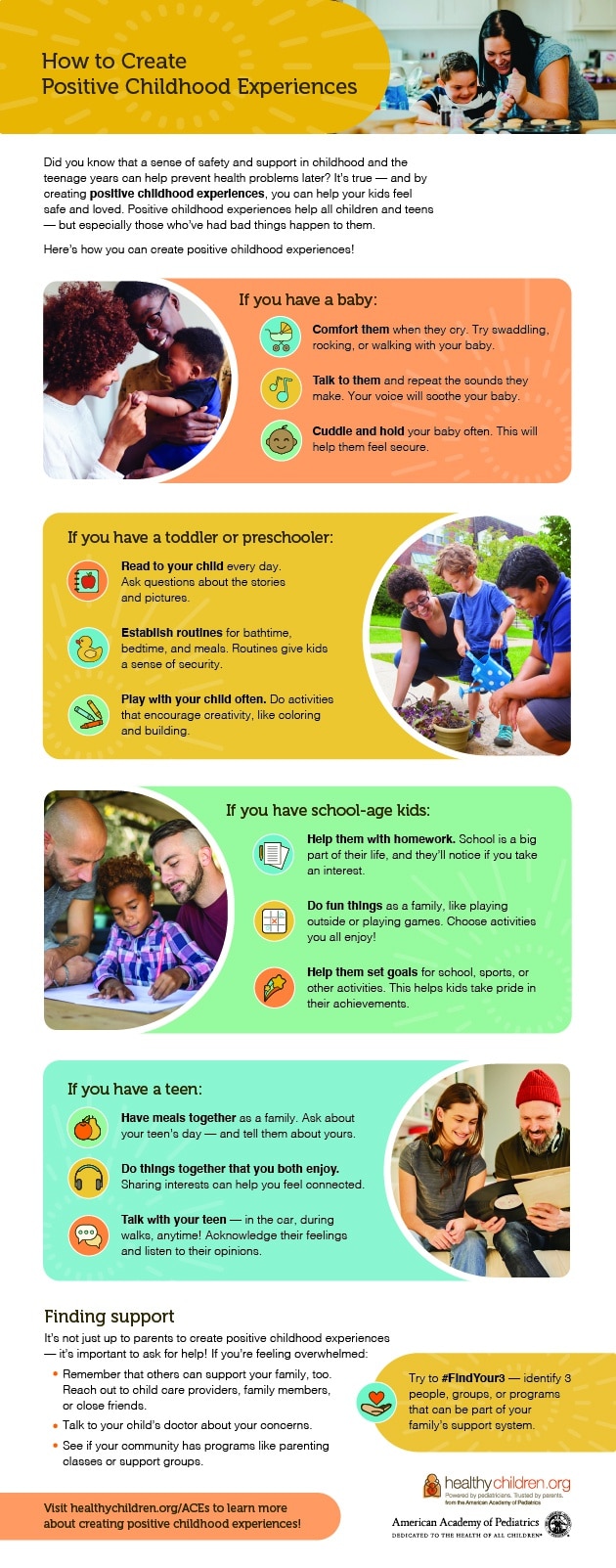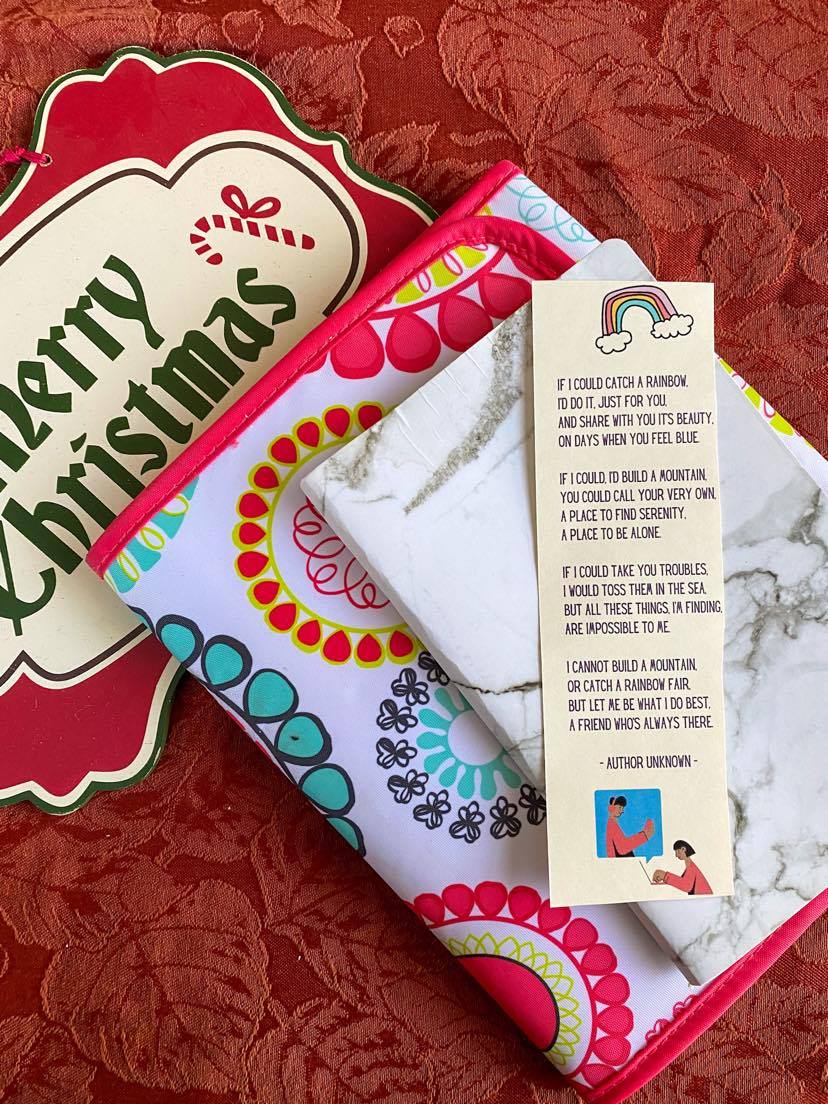Giving the Gift of You to Those Who Need it Most
This post is made possible with support from the American Academy of Pediatrics through a cooperative agreement with the Centers for Disease Control and Prevention.
All opinions are my own.
“Let’s take a walk, Michelle.”
Those were words that I could always count on at almost every family gathering. My favorite (shh! don’t tell the others) uncle would put his arm around my neck, and we’d do just that. During those walks, he would ask about life, school, and give me the opportunity to just talk. Having someone that truly listened throughout my childhood made a world of difference. He traveled quite a bit because of his military duties, but I would still get check-in calls and surprise “Guess where I am?” postcards from all over the world.
Now as an adult, I watch as he has become that person to my children, as well, and I’m able to do the same for his son. There’s something comforting about having a person that you can depend on to ask the simple question of “How are you?” and know they truly care.

As someone who experienced an adverse childhood experience (ACE), having him as a part of my support system before I even realized what ACEs were was life-changing. That’s how easy it is to make a difference in the life of a child. Simply being there, checking in, offering a listening ear and some stability among the chaos is a priceless gift we can all give.
How can you support from a distance?

Think about a child in your life and all the things you know they’ve experienced this past year:
- COVID-19
- Distance learning
- Self-isolation
- Missed school events
- Lack of friend interaction, and
- Stressed parents
Now think about the things that you may have no idea they’re dealing with. That list can be daunting. Imagine how they feel with possibly no one inside or outside of their home to connect with.
With current restrictions on visiting and gatherings, it can be easy to “forget” about checking in on those younger relatives or children in your life. As you start your holiday gift-giving lists, can you put together a simple “I’m here for you” care package together for some of them? A simple fun greeting card with your contact information works, as well. There doesn’t need to be a grand announcement of your willingness to be there, just a gentle reminder that it’s important to have the support in place.
The infographic below shares simple ways you can create positive experiences for the children and teens in your life. Show of hands if you sometimes overthink things? Let’s take some of the guess work out of making a difference in the life of a young person.

This year I’m doing just that – putting together simple care packages for some of the young teens and tweens in my life. In each package, I’m including a bookmark with a reminder that I’m only a phone call or text away. Many are already used to me sending check-in texts or care packages, but this may be the first time I’ve truly spelled out how and why I am here for them.

One thing I’ve realized is the importance of connecting in the ways that are most comfortable to them and not necessarily what’s convenient for me. That might include text messaging, video calls where you’re looking at the ceiling (teens sometimes talk more when they don’t have to look you in the eye), and sometimes no official acknowledgment. That last one is not easy to accept at times, but we can do more harm by pushing for forced engagement. An important part of being a part of someone’s support system is being available when they need you most. The knowledge that you’re accessible may be all that’s needed.
How will you “be the three” this holiday season and help build safe, stable, and nurturing relationships and environments?

